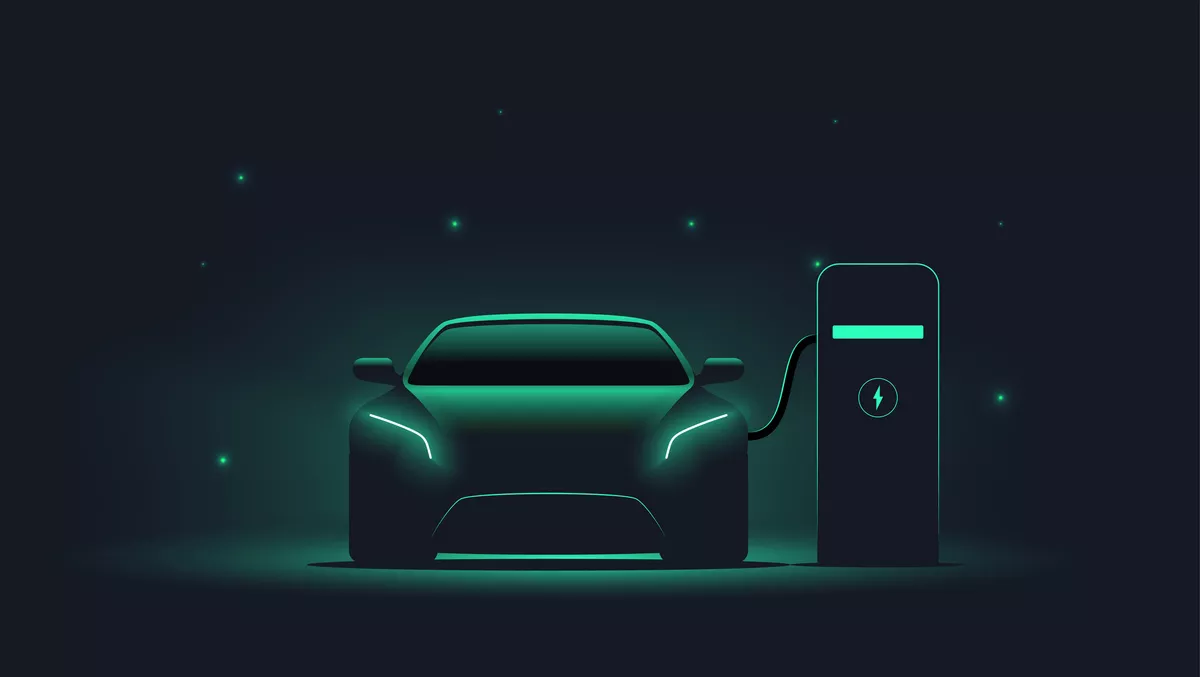EV charging company Evnex is on a mission to roll out more charging stations in rural parts of Aotearoa, thanks in part to Spark's extension of its IoT network.
Spark has upgraded 263 rural connectivity group cell sites with CAT-M1 IoT modems, which in translation, means added IoT network coverage in rural New Zealand that will help Evnex to connect and monitor EV chargers in real time.
According to Evnex CEO Ed Harvey, the extended coverage will mean people with EVs in rural areas won't have as many barriers to deal with and it will also help the nation move to a low-carbon economy.
"As we move towards a smarter, more resilient electricity network, there is now more incentive for EV charging companies to set up chargers in locations with IoT network coverage, because we have the ability to collect and analyse data from them far more accurately," explains Harvey.
"This is where the additional IoT connectivity will make a real difference. Knowing the usage patterns from residential or public charging data means we can work with energy companies to manage the load on the electricity network better.
"This is crucial to ensuring the energy consumption in our regions is sustainable. The bi-directional data connection from having real-time monitoring also means we can slow down or stop charging during times of high network demand to avoid excessive generation or transmission costs, and even blackouts.
On top of that, the CAT-M1 modems will also last longer than the previous 2G and 3G models. More efficiency in more areas means great news for EV owners, connectivity, and the power grids
Spark IoT lead Tony Agar says IoT networks and smart EV technologies are coming together to help the power grid operate at 'peak performance'.
"With the added IoT coverage, EV charging, and energy companies can take the data from even more of their public and residential chargers, and know where, and when to distribute energy more efficiently, creating a more sustainable operation.
He points to research from the World Economic Forum (WEF), which shows that digital technologies could help to reduce global carbon emissions by 15%.
"The move to IoT connectivity in this instance not only means EV charging companies like Evnex have more incentive and ability to service more rural areas, which will hopefully mean more EVs on our roads, and a decrease in carbon emissions," he explains.
"But it will also result in cost saving for these businesses, in tandem with giving the end user more control of how they manage their household energy use through being able to track their usage and cost through a mobile app.


